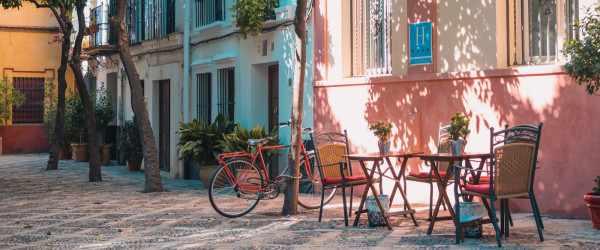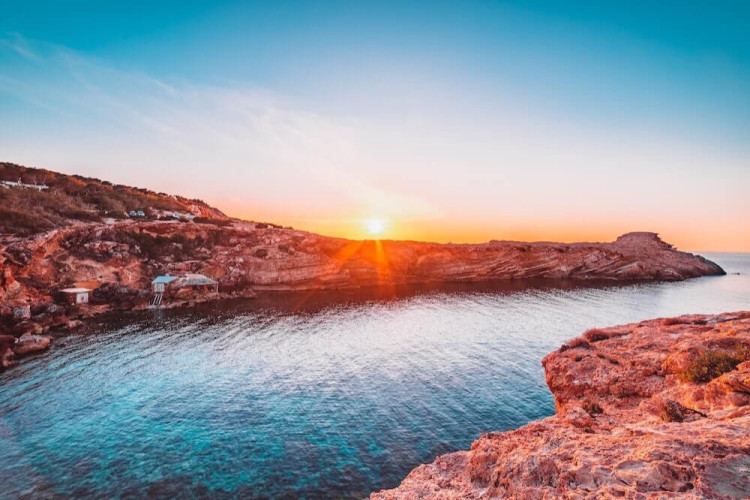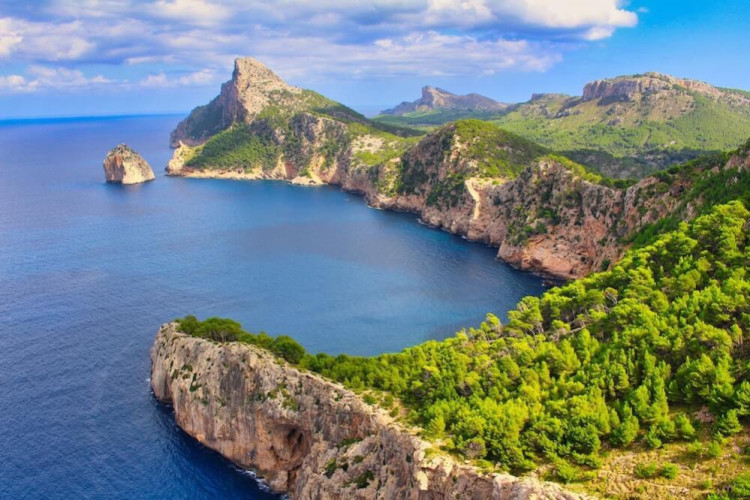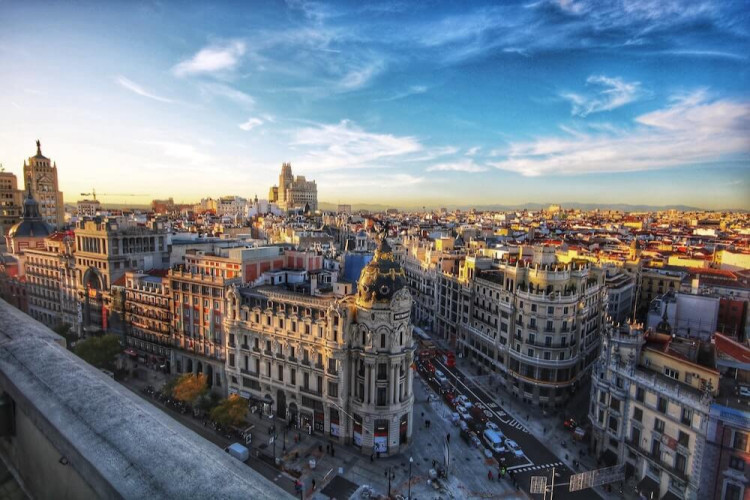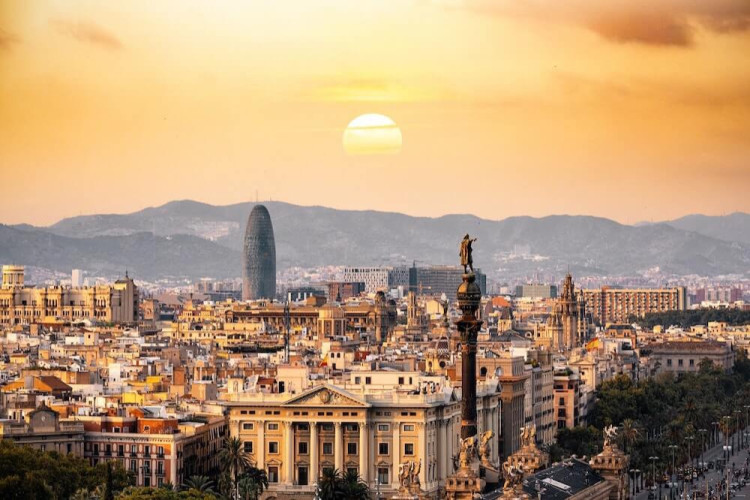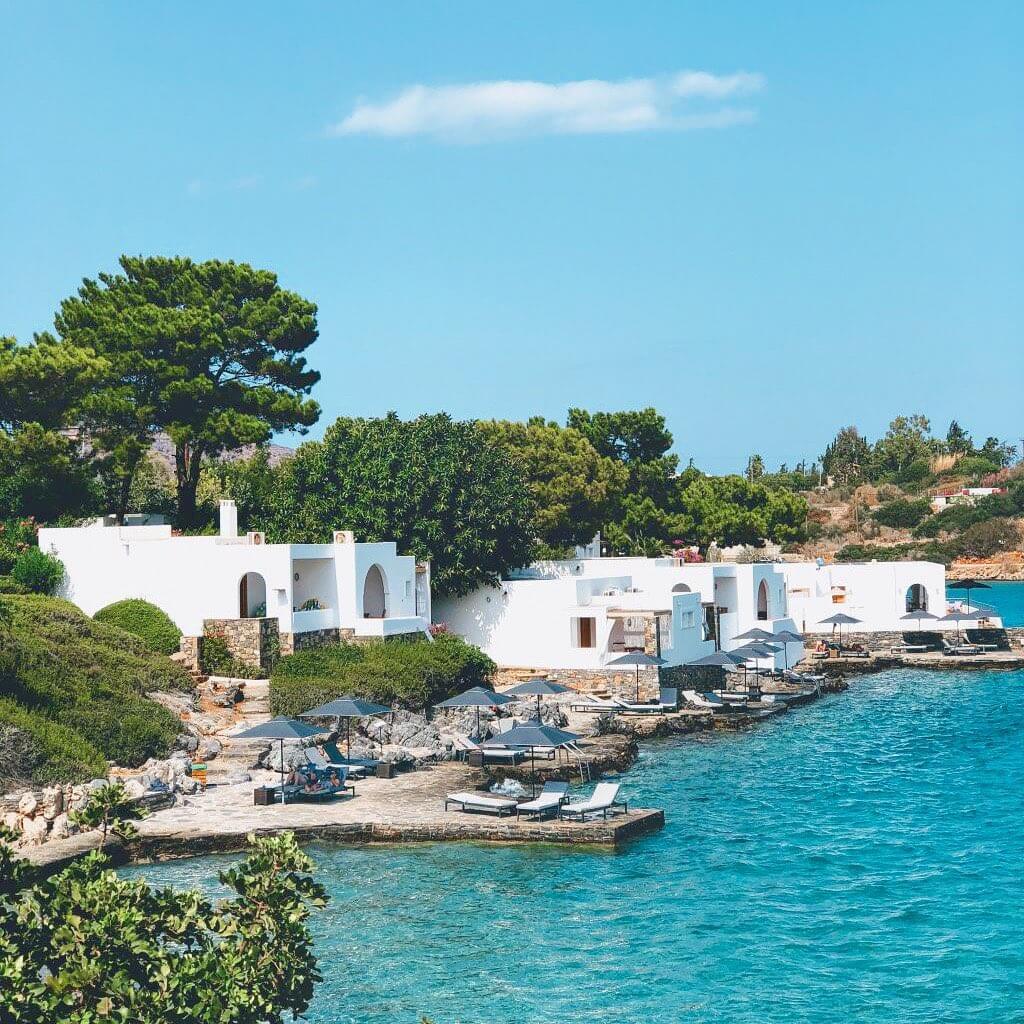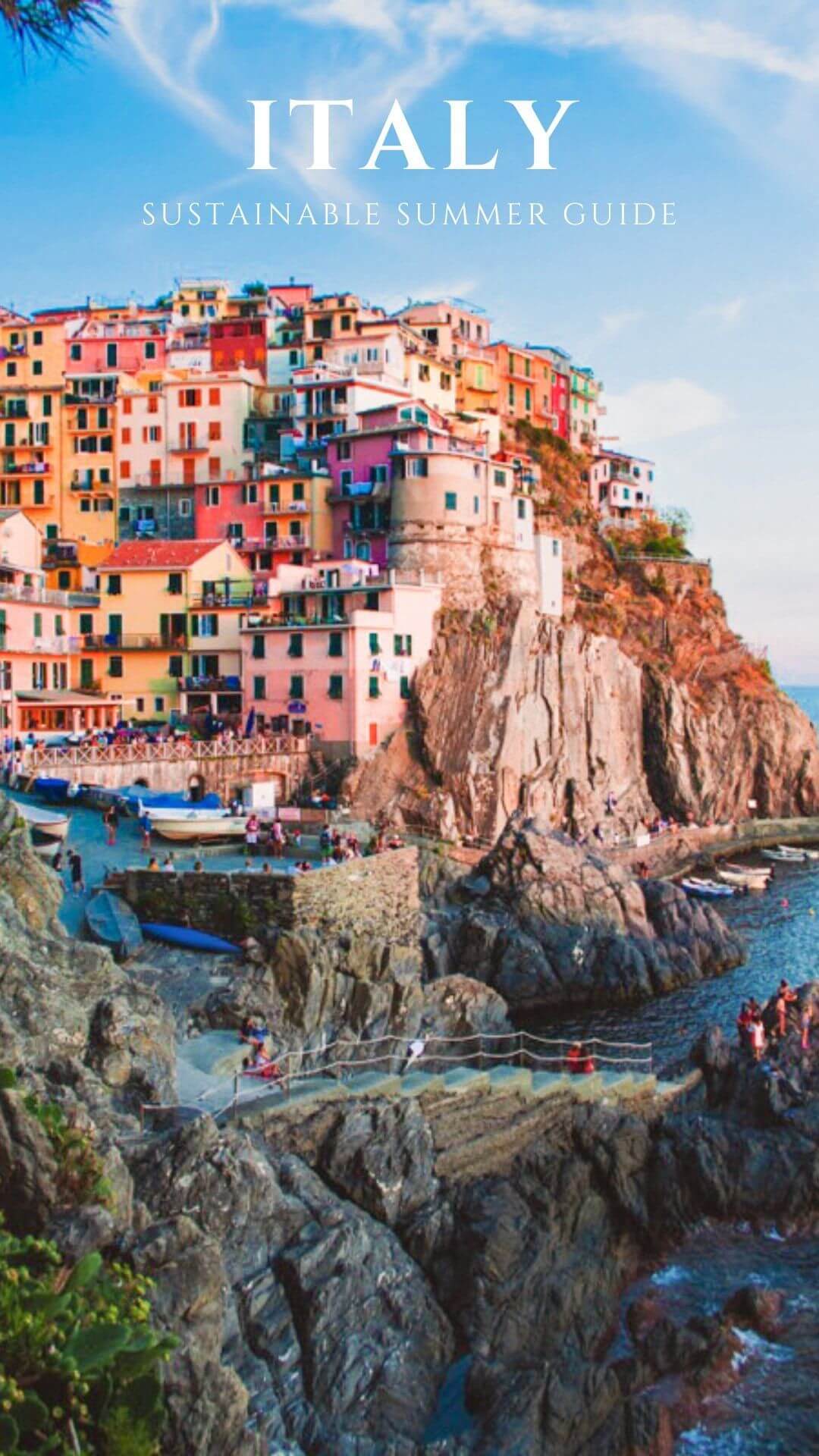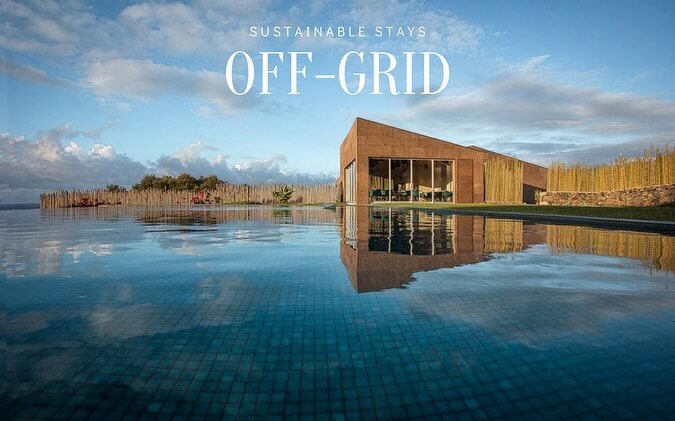Sustainable travel in Spain
We've listed all kinds of hotels in Spain that do good — whether it's a beach resort conserving nature or a boutique hotel training locals.
Popular destinations
Browse sustainable hotels in Spain

Noa Boutique Hotel
Santa Cruz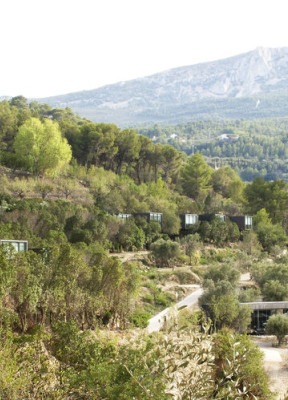
VIVOOD Landscape Hotel - Adults Only
Benimantell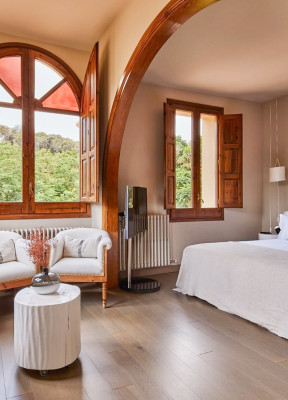
Mas Salagros Ecoresort & Aire Ancient Baths
Vallromanes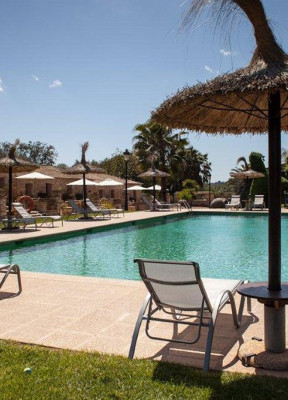
Sa Bassa Rotja Ecoturisme
Porreres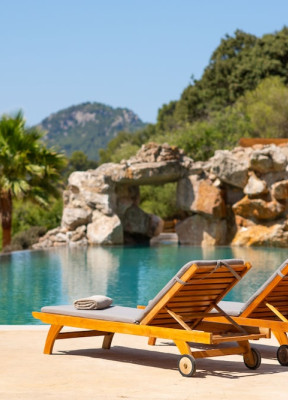
LJs Ratxo Eco Luxury Retreat
Puigpunyent, Spain
Six Senses Ibiza
San Joan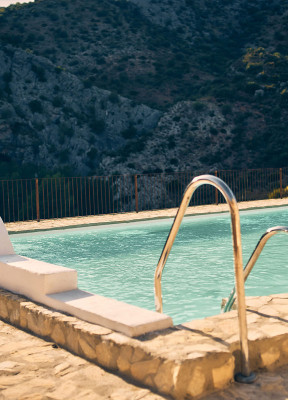
Hotel Cueva del Gato
Benaocaz
Hotel Granados 83, a member of Design Hotels
Barcelona
Claris Hotel & Spa GL, a Small Luxury Hotels of the World
Barcelona
Hotel Hospes Palau de la Mar
Valencia
Hotel Hospes Amerigo
AlicanteSustainable travel in Spain for the eco-conscious traveler
In Spain you'll find it all: old and new, modern and traditional. A country dedicated to living the good life with diverse landscapes and an obsession with good food. But the country's real charm lies in its people and their way of life.
We've listed all kinds of hotels in Spain that do good — whether it's a beach resort conserving nature or a boutique hotel training locals.
Eco-friendly hotels and accommodations in Spain
When it comes to sustainable lodging, Spain has a wide range of options. From hotels that are powered by renewable energy to accommodations that are made of recycled materials, eco-friendly travelers can find a place to stay that fits their needs. In addition to hotels, there are also eco-friendly hostels and bed and breakfasts. These establishments are often small, locally owned businesses that are committed to sustainable practices. They may use locally sourced ingredients for their meals, limit water and energy use, and provide guests with eco-friendly amenities.
Sustainable high-speed train network in Spain
Spain's high-speed train network, known as AVE, offers a green and eco-friendly way to travel between major cities such as Barcelona, Madrid, and Malaga. With speeds of up to 310 km/h, AVE trains are a convenient and fast alternative to flying.
The journey from Barcelona to Madrid takes approximately 2.5 hours, and trains depart regularly throughout the day, reducing the need for private transportation. The AVE trains are equipped with energy-efficient features, such as regenerative braking systems, and they generate less CO2 emissions than other modes of transportation. The ride comes with nice onboard amenities, such as food and drink services, while enjoying scenic views of the Spanish countryside. By choosing to travel by AVE, travelers can reduce their carbon footprint and contribute to a more sustainable future.
Discover Spain's natural wonders
Spain has some of the most beautiful natural wonders in the world. From stunning beaches to lush forests, there are plenty of places to explore. In the Canary Islands, travelers can explore the unique ecosystem of the volcanic islands. There are also numerous national parks, such as the Parque Nacional de Doñana, which is home to a wide variety of wildlife. In the Sierra de Gredos mountain range, travelers can explore the stunning mountain scenery and breathtaking views. The area is also home to numerous species of plants and animals, making it a great place for hikers and nature lovers.
Get a good taste of the local culture
One of the best ways to experience Spain is to explore its culture and cuisine. From tapas bars and seafood restaurants to traditional markets and festivals, Spain has something for everyone. In addition to traditional Spanish cuisine, travelers can also explore organic and vegetarian restaurants. These establishments use locally sourced ingredients and focus on sustainability and health. So, travelers can enjoy delicious food while supporting local businesses. Travelers can also explore the local culture by visiting museums and art galleries or attending festivals and concerts. There are also plenty of opportunities to learn about Spain’s history and culture, such as visiting ancient ruins or exploring historical sites.
What can you do to travel sustainably?
When traveling to Spain, it’s important to be aware of the environmental impact of your trip. Travelers can do their part to promote sustainable tourism by supporting local businesses, using public transportation, and reducing their use of plastic and other single-use items. Travelers can also support conservation efforts by visiting eco-friendly attractions, such as national parks and nature reserves. These areas are home to a variety of plants and animals, and visitors can help protect them by following the park rules and respecting the environment. Finally, travelers should be aware of the potential impact of large-scale tourism. It is important to be mindful of the local population and to be respectful of their culture and traditions.
Spain is a beautiful country full of culture, history, and natural wonders. For eco-conscious travelers, it is a great destination to explore sustainably. From eco-hotels and green transportation to solar energy and conservation efforts, Spain offers plenty of opportunities to enjoy an eco-friendly vacation. Whether you’re looking for a relaxing beach holiday or an adventure-filled journey, Spain has something for everyone.
Connect with our community
Join the Good.travel revolution

